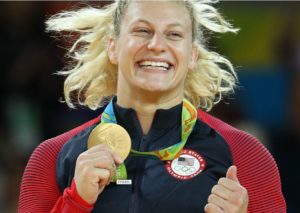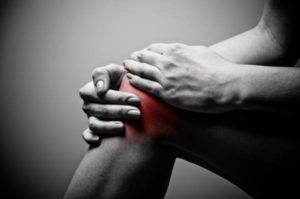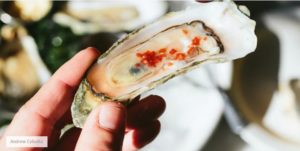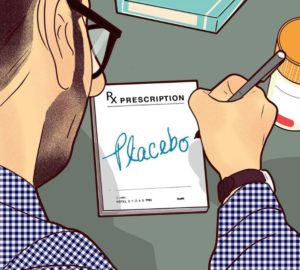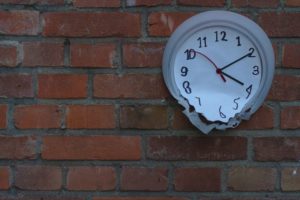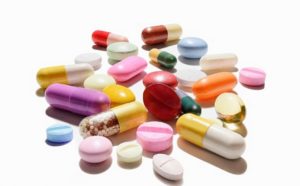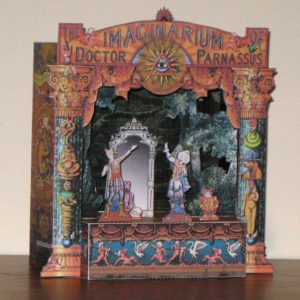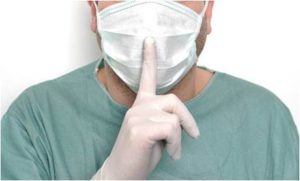There’s so much attention right now given to Olympic atheletes’ use of ‘placebo’ rituals and objects, from favourite items of underwear to ancient Chinese ‘cupping’ techniques and herbal supplements.
“Judo gold medalist Kayla Harrison wears the lucky socks that were a gift from her grandmother. Hockey player Alex Danson spins her stick 15 times before each game. Tennis player Rafael Nadal takes alternating sips from two water bottles at every break between games.”
Quartz looks in some depth into the phenomenon.
It’s unpacked further here.
“In sports, it’s a little different in that in the vast majority of cases relying on the placebo effect probably won’t hurt, and in many cases might actually help because of the power of belief. Aside from some potential BO, is it really a problem that an athlete regularly wears the same t-shirt under his uniform to help with on-field success? In fact, savvy coaches regularly use various placebo approaches when trying to help their team with belief — and often these tactics work.”


